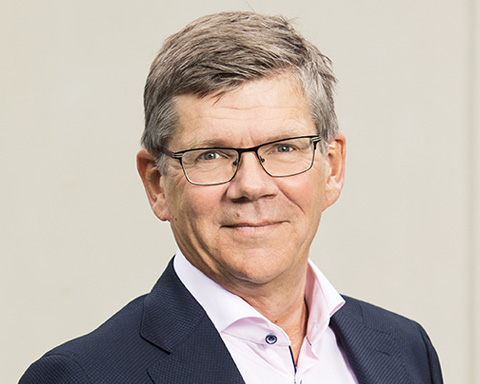We need to continuously analyse whether and how external funding affects the ability of our institutions to safeguard academic breadth and ensure our ability to utilise the rich perspectives a comprehensive university offers.
The consequences for society may be serious if our important social sciences and humanities environments are downsized. Great knowledge may be left uncovered as a result of subtle and implicit shifts in the flow of university resources.
This will affect our ability to understand the world we live in, our knowledge of the institutions that hold society together, our understanding of deep societal change, our ability to stem cultural uncertainty and our understanding of how trust and legitimacy are created and maintained. In general, this is about knowledge regarding the sustainability of our societal, economic and political order.
A drain on university resources
We are concerned because different parts of academia receive different levels of attention from society. Funding bodies’ ability and willingness to fund research is not evenly distributed. Hence the potential for funding varies considerably according to the academic field you work in. One might initially think that such differences are unproblematic: why shouldn’t a university simply exploit the opportunities that society offers?
Yet this is not always the case.
Few external funders cover the full costs of the research they finance. Often externally funded activity requires significant in-kind or even cash contributions from the institution and not infrequently a costly infrastructure. That means more staff who require additional space and an adequate administrative and technical support system.
In this way, the external funds draw on basic funds which are meant to benefit every area of the university. Thus, external funding can limit universities’ ability to safeguard academic breadth, develop basic long-term research and support the development of young researchers.
We need therefore to analyse and reflect on how external funds and new internal initiatives affect the distribution of universities’ basic funds. Budgeting is obviously vital, but there are other issues. Let us give just two examples.
Multi-disciplinary centres
Campuses all over Europe are evolving and in many cases expanding. How do we cover the cost of campus development?
At the University of Oslo we are now building the largest, most complex and advanced university building in Norway ever; a building for life sciences with convergence across disciplines at its heart.
For us, it is clear that the increased operational costs of these buildings need to be covered primarily from the areas which most benefit. Although we will involve social sciences and humanities for the inter- and trans-disciplinarity of life sciences, we also need to ensure that such huge investments do not drain these disciplines.
A good balance between social sciences and humanities on the one hand and science, medicine and technology on the other, is crucial when we further develop strategic and thematic initiatives in Europe, in our countries and in our institutions.
At the University of Oslo an increasing share of the funds we allocate to our three major efforts – UiO:Life science, UiO:Energy and UiO:Nordic – go towards inter- and trans-disciplinary projects. Some of these projects will have their origins and starting point in perspectives drawn from science and medicine, but we do need to ensure that others have their origin and starting point in social sciences and the humanities.
Good science requires other disciplines
Our worry is in part an economic one. We need to secure ample resources for the humanities and social sciences. But this is more than just an economic issue. Research and education need humanities and social sciences perspectives and competencies, as do other disciplines and society at large. This should not be underestimated. Technology alone will not solve the societal challenges we face.
Responsibility for this lies in part with university boards, but mostly with the boards of funding institutions. We need to avoid a slow and imperceptible shift in access to resources which disrupts the relationship between the humanities and the social sciences on one side and science, medicine and technology on the other.
At worst, an imbalance could undermine the strengths of Europe’s comprehensive universities. We should instead reinforce and use these strengths to meet the contemporary needs of society.



